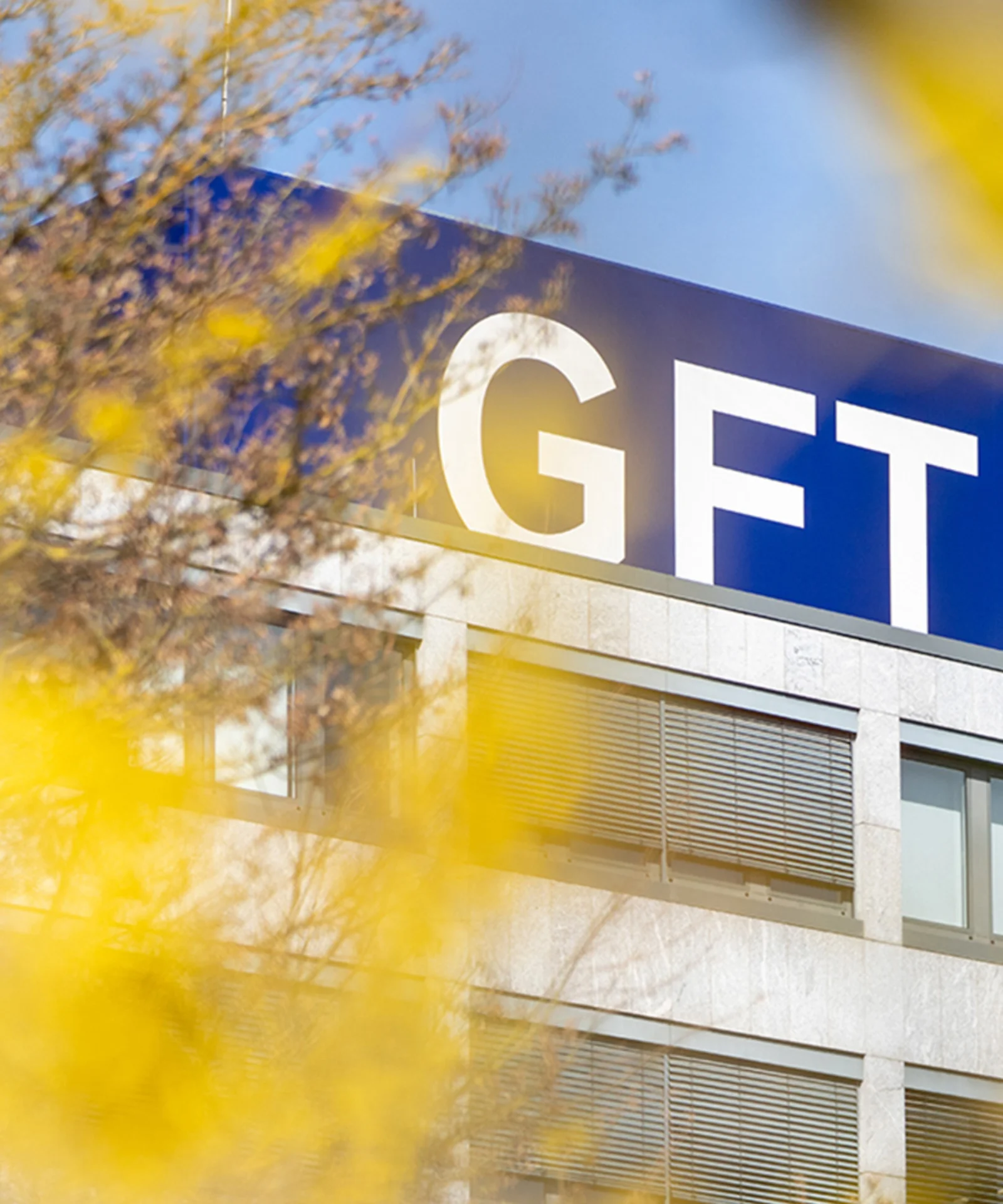- About GFT
- News
- GFT press releases
- Ambitious climate protection: independent Science Based Targets initiative confirms GFT’s new climate targets
Ambitious climate protection: independent Science Based Targets initiative confirms GFT’s new climate targets

Stuttgart, 13 December 2022 – Like all businesses, the software sector is under pressure to reduce its CO2 emissions. After all, IT and communication solutions could already account for 21 percent of global electricity consumption by 2030; currently, the figure is 5 to 9 percent.
GFT has therefore set itself new and ambitious climate targets. The software company is aiming for a 50% reduction in its operational greenhouse gas emissions (Scopes 1 and 2) by 2030 (compared to the baseline year 2020). The independent Science Based Targets initiative (SBTi) recently reviewed this target and confirmed that it corresponds to current climate science. GFT’s target is thus in line with the requirements of the Paris Climate Agreement to limit global warming to 1.5 degrees Celsius.
Furthermore, GFT also wants to reduce emissions generated along the value chain (Scope 3): the goal is to lower them by 60 percent per euro value added over the same period. This target is has also been confirmed by the SBTi. GFT is thus an early adopter among leading tech companies to set climate targets validated by the SBTi. In 2021, GFT already announced its commitment to achieve climate-neutral operations by 2025.
“When it comes to climate change mitigation, the time for paying lip service is over. This is why we decided to have our goals scientifically verified, as this is the only way we can be sure we’re on the right track. The independent validation of our targets by the SBTi is not only an important signal for us, but also for our stakeholders. After all, it means we’re also minimising risks in the value chains of our clients and in the portfolios of our investors.”

CO2 emissions from the use phase: GFT going beyond SBTi requirements
In the case of software solutions, the use phase accounts for a major share of Scope 3 emissions. However, these emissions are not taken into consideration by the science-based targets validated by SBTi. The SBTi classifies them as “indirect use phase emissions”. As a result, they are regarded as “optional” emissions and not included in the Scope 3 targets of software companies.
GFT is thus going beyond the SBTi requirements: the company has included CO2 emissions from the use of its software solutions in its own emissions inventory and in its internal climate targets. These Scope 3 emissions are also to be reduced by 60 percent per euro value added by 2030.
For the development of its climate targets, GFT was supported by the company right°. With the aid of its own XDC model, the climate tech company calculated various emission paths for GFT which would enable the company to meet the Paris Climate Agreement targets and halve emissions by 2030.
“With its ambitious and scientifically validated climate targets, GFT has clearly demonstrated that it understands the strategic importance of this issue for its business. The fact that GFT even includes indirect emissions from the use phase of its products should send a signal to the entire software sector and beyond,” says Hannah Helmke, founder and CEO of right°.





